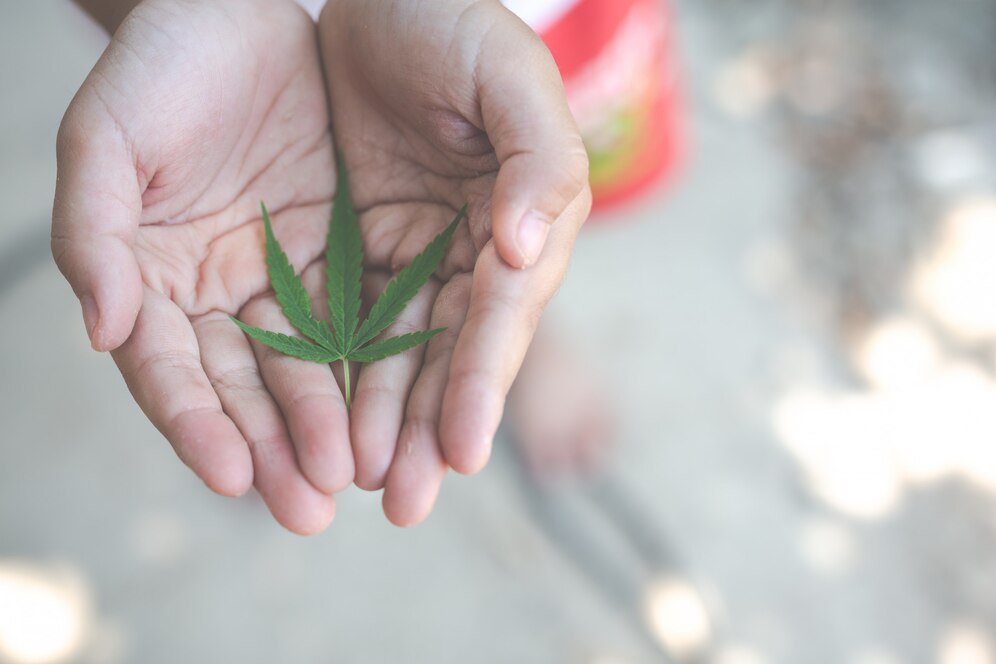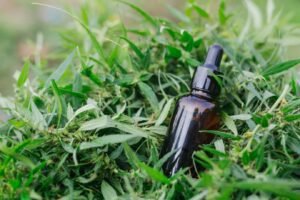Weed for Depression? Understanding the Potential Mood-Boosting Effects and Research
The conversation around mental health is evolving, and with it comes a growing interest in exploring alternative treatments for conditions like depression. One…
The conversation around mental health is evolving, and with it comes a growing interest in exploring alternative treatments for conditions like depression. One such area of increasing discussion is the potential role of weed for depression. While traditional therapies like medication and psychotherapy remain the cornerstone of treatment, some individuals are turning to cannabis, citing its perceived mood-boosting effects. But what does the science say? Is weed for depression a viable option, or does it come with more risks than benefits? Let’s delve into the research and understand the complexities surrounding this topic.
Understanding the Shadow of Depression
Depression is a serious and debilitating mood disorder that affects millions worldwide. Persistent sadness, loss of interest in activities, fatigue, changes in appetite and sleep, and feelings of worthlessness characterize it. The impact of depression can extend to all aspects of life, affecting relationships, work, and overall well-being. While various effective treatments exist, finding the right approach can be a journey, leading some to explore less conventional options.
The Endocannabinoid System: Our Internal Regulator
To understand how weed for depression might work, it’s essential to know about the endocannabinoid system (ECS). This complex network of receptors, endocannabinoids (naturally produced cannabis-like molecules), and enzymes plays a crucial role in regulating various bodily functions, including mood, sleep, appetite, pain, and immune response.
The two primary cannabinoid receptors are CB1 and CB2. Researchers predominantly find CB1 receptors in the brain and central nervous system, while they mainly locate CB2 receptors in the peripheral nervous system and immune cells.
How Might Weed Interact with Depression?
Cannabis contains hundreds of chemical compounds, but the most well-known are tetrahydrocannabinol (THC) and cannabidiol (CBD). THC is the psychoactive compound responsible for the “high,” while CBD is non-psychoactive and known for its potential therapeutic properties.
The potential mood-boosting effects of weed for depression are thought to stem from how these cannabinoids interact with the ECS:
- THC’s Interaction: THC binds directly to CB1 receptors in the brain, which can influence neurotransmitter release, including dopamine and serotonin. These neurotransmitters play a significant role in mood regulation. In some individuals, this interaction might lead to a temporary elevation in mood and feelings of euphoria.
- CBD’s Potential Influence: CBD’s interaction with the ECS is more complex. It doesn’t directly bind to CB1 or CB2 receptors but can influence them indirectly. Some research suggests that CBD might help reduce anxiety and improve sleep, which can indirectly benefit individuals struggling with depression. It may also influence serotonin levels through different mechanisms.
Exploring the Research Landscape on Weed for Depression
While anecdotal evidence and growing interest suggest a potential link between weed for depression and mood improvement, the scientific research is still in its early stages and often yields mixed results.
Some studies have suggested that cannabis use might increase the risk of developing or worsening depressive symptoms, particularly with long-term or heavy use, and especially in adolescents. This is a crucial point to consider and highlights the potential for negative impacts.
On the other hand, some preliminary research suggests that certain cannabinoids, particularly CBD, might have antidepressant-like effects. These studies often involve animal models or small human trials and require further investigation with larger, well-controlled studies to confirm these findings.
Important Considerations and Potential Risks
It’s crucial to approach the topic of weed for depression with caution and a clear understanding of the potential risks involved:
- Dependence and Addiction: Regular THC use can lead to dependence and, in some cases, addiction. Withdrawal symptoms can include irritability, anxiety, and sleep disturbances, which can worsen depressive symptoms.
- Mental Health Interactions: Cannabis use, particularly high-THC strains, can potentially exacerbate symptoms of other mental health conditions like anxiety and psychosis in susceptible individuals.
- Cognitive Impairment: Both short-term and long-term cannabis use can affect cognitive functions like memory, attention, and decision-making.
- Lack of Regulation and Standardization: The potency and composition of cannabis products can vary significantly, making it difficult to determine appropriate dosages and potential effects.
- Not a Replacement for Traditional Treatment: Weed for depression should not be considered a substitute for established and evidence-based treatments like psychotherapy and antidepressant medication.
The Importance of Professional Consultation
If you are struggling with depression, it is essential to consult with a qualified healthcare professional. They can provide an accurate diagnosis, discuss various treatment options, and help you develop a personalized plan that is safe and effective for your individual needs. Self-medicating with weed for depression without professional guidance can be risky and may delay access to appropriate care.
Conclusion: Navigating the Complexities of Weed and Depression
The relationship between weed for depression is complex and not yet fully understood. While some individuals report potential mood-boosting effects, the scientific evidence is still limited and often contradictory. The potential risks associated with cannabis use, particularly for individuals with mental health conditions, cannot be ignored.
It is crucial to approach this topic with caution, prioritize evidence-based treatments, and always consult with a healthcare professional before considering cannabis as a potential option for managing depression. Further research is needed to fully understand the long-term effects of cannabis on mood and mental health.
Weed for Depression: Frequently Asked Questions (FAQ)

Can weed cure depression?
No, there is currently no scientific evidence to suggest that weed can cure depression. While some individuals may experience temporary mood elevation, it is not a substitute for established depression treatments.
Are certain strains of weed better for depression than others?
Anecdotal evidence suggests that some strains might be more uplifting or relaxing, but scientific research on specific strains and their effects on depression is limited. The varying cannabinoid and terpene profiles can have different effects, but individual responses can also vary significantly.
Is CBD a better option than THC for depression?
Some preliminary research suggests that CBD oriented products such as Broad Spectrum CBD Oil, Pure CBG Isolate Oil, THCV CBD Isolate Oil or even CBD gummies like Delta-8 & Delta-9 THC Gummy Dots may have potential antidepressant and anti-anxiety effects without the psychoactive “high” associated with THC. However, more research is needed to confirm its effectiveness for depression.
Is it safe to use weed with antidepressant medication?
Combining weed with antidepressant medication can potentially lead to adverse interactions. It is crucial to discuss any cannabis use with your doctor, especially if you are taking other medications.
Where can I find more reliable information about weed and depression?
Consult with your doctor or a mental health professional. They can provide accurate information and guidance based on your individual circumstances. You can also look for research articles in reputable scientific journals and consult with organizations dedicated to mental health research.
Disclaimer: This blog post is for informational purposes only and does not constitute medical advice. Always consult with a qualified healthcare professional for any health concerns or before making any decisions related to your treatment. The legal status of cannabis varies by location, and it is your responsibility to be aware of and comply with local laws.







